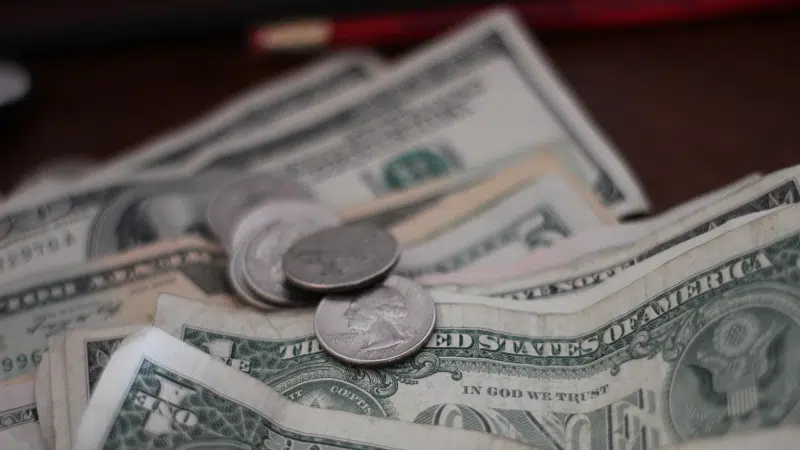In order for you to receive the royalties you’re rightfully owed, your songs need to be properly registered. However, songwriters oftentimes make mistakes during the registration process. Performing Rights Organizations rely on this information to determine who they need to pay and how much. To ensure you do everything right, here are some of the most common song mistakes artists make while registering their songs…
Most Common Mistakes Artists Make While Registering Songs
Not including all your co-writers and/or their shares in the song registration
This is the most common reason copyright owners miss out on royalties. If this information is inconsistent with prior registrations or just plain inaccurate, collection societies won’t pay out until they figure out who is entitled to what.
- To make sure this doesn’t happen to you, the first thing you should do once you’ve finished writing a song is agree on ownership shares for each writer.
- Always get it in writing and make sure the splits add up to 100%.
This is exactly what split sheets are for. If you’re unfamiliar with the term, a split sheet is an agreement that identifies who wrote what percentage of the song such as the producer(s) and songwriter(s). Each creator has to agree about how the percentages are defined. Some artists will divide it evenly based on who is in the room writing and producing the song.
Some will base the percentages on the person’s specific contribution lyrics, hook, melody, and beats. It is beneficial to understand the Artists position on splits so that there is no disagreement after the song is completed.
Not including the Interested Party Information (IPI) number and contact information for the songwriter and/or publisher of the song
An IPI (Interested Party Information) is a nine-digit number that is assigned to songwriters and publishers by their collection society in order to identify them as rights holders. Every writer and/or publisher in the world who is affiliated with a collection society is assigned one, and no single IPI number is the same.
That being said, if you don’t provide your IPI, or if you provide an incorrect one, collection societies won’t be able to identify you as the copyright owner and pay out your royalties. Not sure about yours? // Click here to find your IPI number.
——
Learn more…
Royalty Collection with Symphonic
6 Common Questions To Ask An Entertainment Attorney
How to Trademark Your Artist Name
Types of Publishing Deals and How They Work
——
Not clearing samples
If you use someone else’s intellectual property, whether it be a sample or re-recording of someone else’s melody, you are legally required to obtain permission from the owners of the composition. Otherwise, the copyright holders of those works are entitled to a claim of your new work.
- Additionally, not getting permission can result in you being sued, having to pay damages/settlement fees, and even forcing you to give up 100% of your copyright to the other parties. // Check out “The Art of Clearing a Sample” to learn more…
Not updating your contact information and current publisher with your collection society
When you change your phone number, email, or mailing address, always be sure to update that information with your collection society. — Same goes for if you switch publishers. If you forget to update your publisher with your collection society, the old publisher will keep getting paid.
Not providing metadata
Metadata is not always talked about by musicians, but it’s absolutely one of the most important technical aspects to know about. Without proper metadata, you’re subject to issues with tracking and collecting your royalties worldwide. To avoid these problems in the future, it’s critical that musicians understand why it should be entered correctly prior to distribution and why it matters to keep it organized. // This article breaks it down.
In Conclusion…
If your music is being distributed and you don’t have a publishing deal, your royalties are sitting in collection societies waiting to be claimed by you. If you don’t register in time to collect these royalties, you miss out on this revenue.
- This process can be confusing. We understand that you are an artist who is busy with many other things you’d rather spend your time on. If you’re getting lost in the process, our publishing administration services are here to help.
Something as important as this should not be overlooked. Don’t wait until you’re losing royalties to start paying attention! It’s up to you to do your due diligence before it’s too late.


